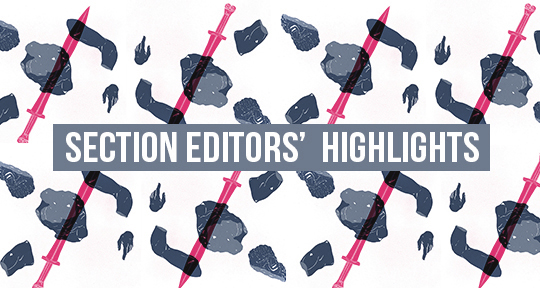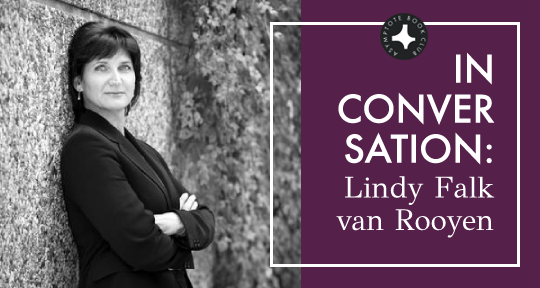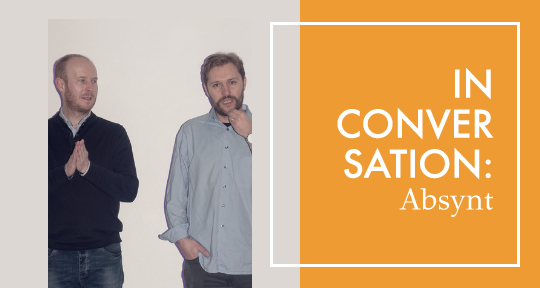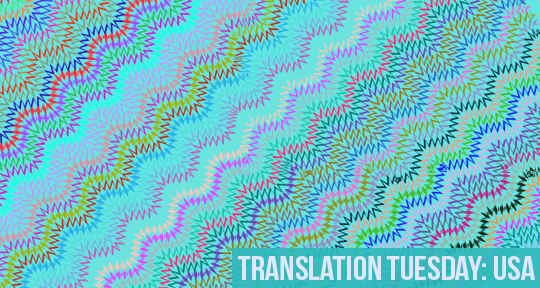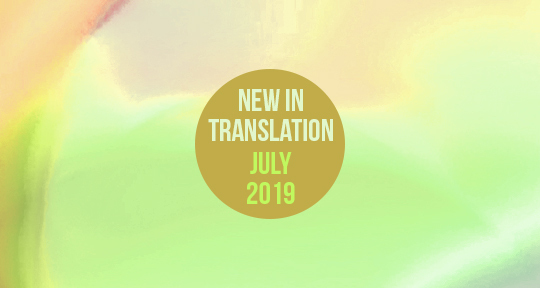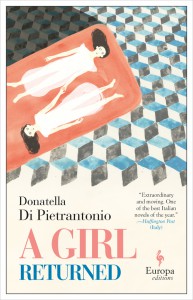This month’s Asymptote Book Club selection, History. A Mess. by Sigrún Pálsdóttir, asks us to reconsider our understanding of how history is constructed. The protagonist, an academic who “leads an almost unpunctuated domestic existence of solitude and paranoia,” makes a shocking discovery about the secret identity of a seventeenth-century writer—and then seems to disprove her own theory. As the protagonist becomes increasingly unstable, her erratic prose leads the reader to reflect on the tenuous boundary between stories and history.
Lytton Smith’s translation of History. A Mess. is the twentieth title selected by the Asymptote Book Club, which brings outstanding translated fiction to readers each month. You can sign up to receive next month’s book on our website or join the online discussion on our Facebook page.
Translator Lytton Smith told Splice that “the Icelandic language doesn’t have two distinct words for story and history. It uses the same word, saga, and so those two ways of writing are more closely connected for Icelanders than they are for us.” As such, they are more concerned with storytelling as a craft, fidelity to emotional truth above accuracy to facts. Yet Sigrún Pálsdóttir’s novel, History. A Mess., seemingly centers around historical fact: a text whose existence could make or break an academic career.



